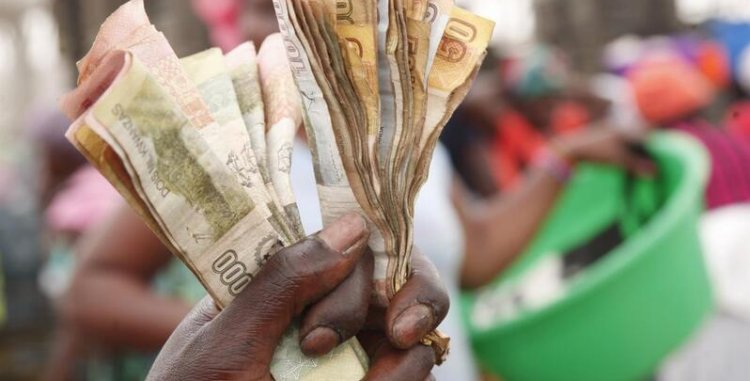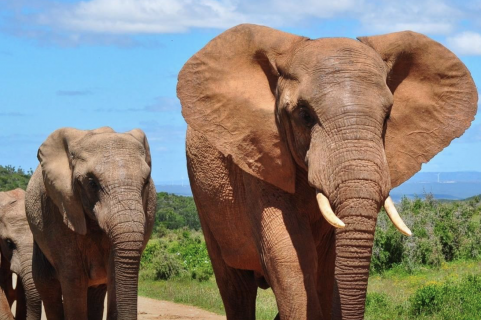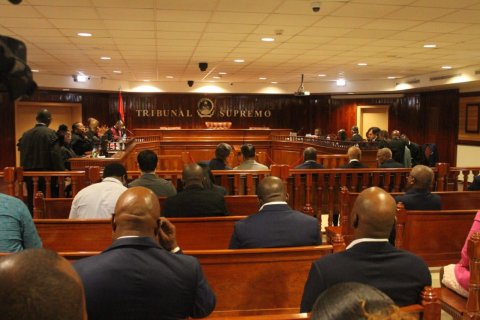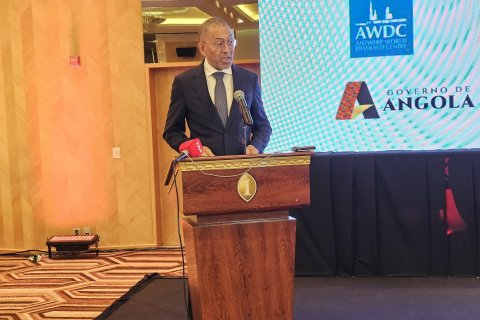"The consequences are positive for the purchasing power of Angolans, with moderation or a drop in the prices of imported goods, contributing to the deceleration of inflation, a process that began in February; in addition, the appreciation also brings confidence to economic agents", said José Miguel Cerdeira to Lusa, noting that "at the same time, this greater competitiveness of imports can make the life of the nascent local industry more complicated, when it comes to the substitution of imports and exports".
In an interview with Lusa regarding the 23 percent appreciation of the kwanza in the first quarter of this year, BFA's chief economist stressed that "the appreciation of the kwanza in recent months can be explained simply, looking at the market: demand and offer".
After the market was liberalized at the end of 2018, "2020 saw a very large shock in the supply of foreign exchange to Angola, with oil revenues much lower than normal, due to the price of oil on international markets", but now the scenario is the opposite.
"On the one hand, the supply of foreign exchange is greater - due to the higher price of oil, which brings more revenue in dollars for oil companies and the Treasury - and on the other hand, the economy is still recovering, so demand for foreign exchange is not as high as it was in 2018, 2019, although it is already rising from the very low levels of 2020", he commented.
Regarding the monetary policy that the National Bank of Angola will follow, José Miguel Cerdeira says that "it is possible that the BNA may understand part of this appreciation movement as temporary - due to the impact of the conflict between Russia and Ukraine on the price of oil -, so it will be able to intervene, buying foreign exchange on the market, and saving in international reserves for when the price of oil drops again below 100 dollars".
The national currency has gained 23 percent against the US currency this year, with one dollar worth 554.9 kwanzas on January 1 and improving to 449.8 at the end of March.
According to Lusa's analysis of the official exchange rates for the kwanza, the national currency has been appreciating consistently since the beginning of the year, driven by the rise in oil prices and giving rise to several positive implications for Angola's economic indicators.
Angola's economy emerged from a five-year recession in 2021, growing by 0.7 percent, according to the National Institute of Statistics of Angola, and is expected to grow by 3 percent this year, according to the International Monetary Fund (IMF) forecast.







